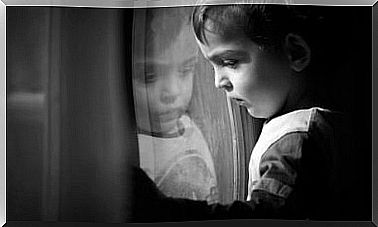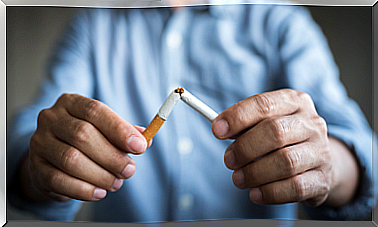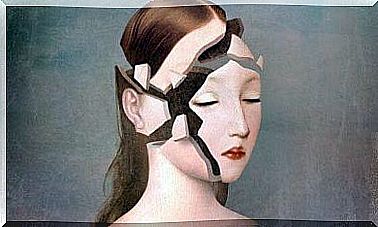Karl Popper’s Seven Best Phrases
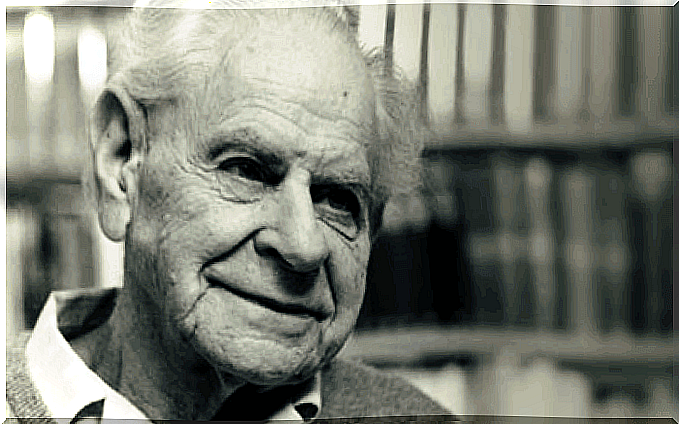
Karl Raimund Popper was born in Vienna (Austria) in 1902 and died in London in 1994. He witnessed virtually the entire 20th century and was also one of its greatest critics. A philosopher by profession and a teacher by vocation, he has always been considered one of the brightest contemporary minds. Karl Popper’s sentences are good proof of this.
Popper has been called the father of critical rationalism. He dedicated his life to questioning modern rationalism. With great success, his contemporaries gave him a nickname with which he is remembered to this day: “The champion of common sense”. And he lived up to that nickname.
He spoke out against the scientific method, Marxism, Semitism, metaphysics and everything that shaped the sphere of thought in the 20th century. More than in his native land, he was exalted in England, where he received the title of Sir. We leave here a selection of the best phrases by Karl Popper so that you can get to know part of his thinking.
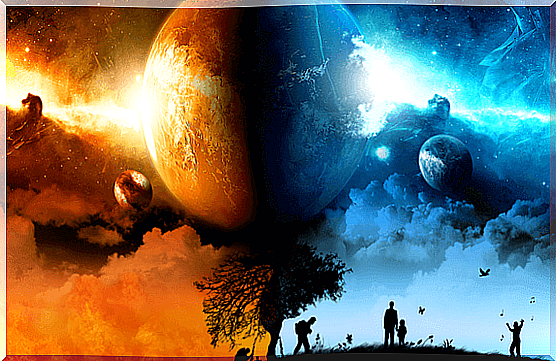
7 phrases by Karl Popper worth knowing
1. Heaven and hell
Popper says, “He who promises us heaven on earth has never produced anything but hell.” It is a sharp criticism of idealism, in its drive for total perfection or for total achievement.
In collective life, the search for perfect realities led to more radical manifestations such as fascism. In individual life, the desire for the ideal only leads to frustration. So Popper would be right to say that heaven and hell are two sides of the same coin.
2. Processes and not things
Sometimes we think of the world, reality and ourselves as if everything is static and doesn’t change. Even inanimate objects are always changing. Therefore, one of Karl Popper’s phrases says: “The world is not composed of things, but of processes”.
With this statement he reminds us that nothing is the same from one second to the next. Everything is constantly changing. Therefore, reality as such is incomprehensible and we can only capture moments or parts of it.
3. How reason works
For this Viennese philosopher, the main quality of reason is its openness. Based on this premise, he does not hesitate to say: “Reason is not all-powerful, it is a tenacious, opinionated, cautious, critical, relentless worker, willing to listen and discuss, risky.”
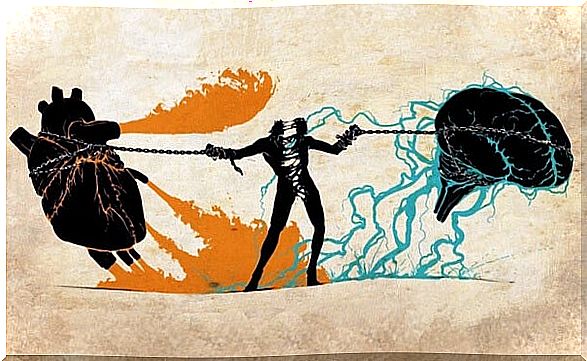
In this sentence he emphasizes the uncertainty and mobility that accompany reason. Implicitly, he will lash out against the absolutism of reason. It further emphasizes the edges of exploration and research into what exists in this function of thought.
4. Equality
Faced with equality, a theme that was at the center of modern thought from the 18th to the 20th century, Popper observes the following: “Equality before the law is not a fact, but a political requirement based on a moral decision. And it is totally independent of the theory – probably false – that all men are born equal”.
This is one of Karl Popper’s phrases in which he highlights equality as a political and moral value rather than a natural reality. Likewise, it grants the status of demand and decision, which places equality as a result of culture and personal evolution. At the same time, it postulates inequality as a natural condition of man.
5. Freedom and security
Freedom and security are two concepts that are always in tension in the exercise of power. Many debates concern the dichotomy between the two. The paradox is that total freedom puts stability at risk, while total security reduces freedom. An example of the latter can be seen when we face certain threats in societies where the “curfew” is installed.
In this regard, Karl Popper points out: “ We have to make plans for freedom, and not just security, for the sole reason that only freedom can make security secure ”. With that, the debate in favor of freedom dies. He postulates that only in the realm of freedom is it possible to achieve real security.

6. Autonomy
The openness of society is directly linked to free thinking and moral autonomy. These are Popper’s words on this point: ” The open society is one in which men have learned to be somewhat critical of taboos and to base their decisions on the authority of their own intelligence .”
It is interesting to note that Popper does not reject taboos in the absolute sense. That’s why he says you learn to be critical of them “up to a point.” This philosopher was convinced that reason should not be used to criticize what was outside of science. On the other hand, he emphasized the idea that human decisions must obey their own intelligence, not an external authority.
7. Science
This is a wonderful reflection by Popper who points out what makes science different from other types of knowledge: “ The history of science, like that of all human ideas, is a history of irresponsible dreams, obstacles and errors. However, science is one of the few human activities – perhaps the only one – in which errors are systematically criticized and often, over time, corrected ”.
The approach is very interesting if we consider that the history of mankind is full of currents of thought that claimed to be the bearers of absolute truth. Both religions, as well as some political ideologies, have often shown themselves to be free from error. Science is superior to them precisely because it is critical, above all, of itself.

We hope you enjoyed these quotes by Karl Popper. He had one of the greatest virtues a thinker can count on: he was intellectually honest. He showed a genuine desire to postulate reasoning and ideas that would allow an accurate approach to reality. His influence was remarkable and left an indelible mark on the history of philosophy.




